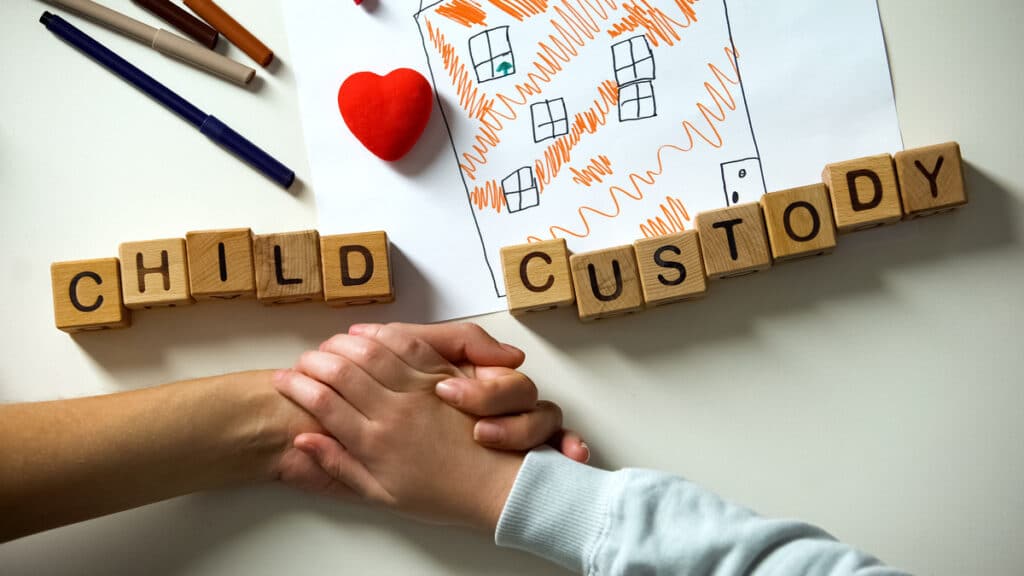
The divorce rate in the US is at a record low right now, but there are still 14.56 divorces per 1,000 married women, with 50% of all kids witnessing the end of a parent’s marriage. Divorce and child custody arrangements can be emotionally challenging for children. As parents navigate this difficult period, it is crucial to prioritize the well-being and adjustment of their children. Here are eight strategies to help kids adapt to child custody arrangements and maintain a sense of stability and security.
1. Maintain Open Communication
Encouraging open and honest communication with your children is essential. Let them express their feelings, concerns, and questions about the custody arrangement. Reassure them that it’s normal to feel confused, sad, or even angry during this time. Up to 43% of all children experience a traumatic event in childhood, and divorce can be incredibly traumatic for many kids.
2. Establish a Consistent Routine
Children thrive on structure and predictability. Work with your co-parent to establish a consistent routine across both households. This includes maintaining similar rules, expectations, and schedules for bedtimes, mealtimes, and homework. Consistency helps children feel secure and reduces anxiety during transitions between homes.
3. Avoid Conflict in Front of the Children
One in four women has been the victim of abuse from an intimate partner. According to Afsana Chowdhury, a Fairfax child custody attorney, it is crucial to shield children from parental conflict. Avoid arguing, criticizing, or speaking negatively about the other parent in front of the kids. Children often internalize such conflicts, leading to emotional distress and loyalty conflicts. Attorney Chowdury recommends that If you need to discuss contentious issues with your co-parent, do so in private or through mediation via your child custody attorney.
4. Foster Positive Relationships with Both Parents
Encourage your children to maintain strong, loving relationships with both parents. Support their bond with the other parent and avoid interfering with their time together unless there are genuine concerns for the child’s safety or well-being.
5. Create a Welcoming Environment in Both Homes
Ensure that your children feel at home in both households. Provide them with their own space, such as a bedroom or designated area, where they can keep their belongings and feel a sense of belonging. Encourage them to personalize their space and bring comfort items, such as favorite toys or blankets, between homes.
6. Be Attentive to Your Child’s Needs
Pay close attention to your child’s behavior, mood, and any changes in their academic performance or social interactions. These can be indicators of how well they are adjusting to the custody arrangement. If you notice any concerning signs, such as withdrawal, aggression, or difficulty sleeping, consider seeking the guidance of a child therapist or counselor.
7. Maintain Family Traditions and Create New Ones
Preserving family traditions, such as holiday celebrations or special outings, can provide a sense of continuity and stability for children. Additionally, create new traditions specific to each household, giving your children something to look forward to and helping them build positive memories in both homes.
8. Practice Self-Care and Seek Support
As a parent, taking care of yourself is essential to effectively support your children. Engage in self-care activities, such as exercise, hobbies, or spending time with supportive friends and family. Consider joining a support group for divorced parents or seeking individual therapy to help you manage your own emotions and develop coping strategies.
With patience, love, and support, you can help your children thrive and build resilience during this challenging period.






